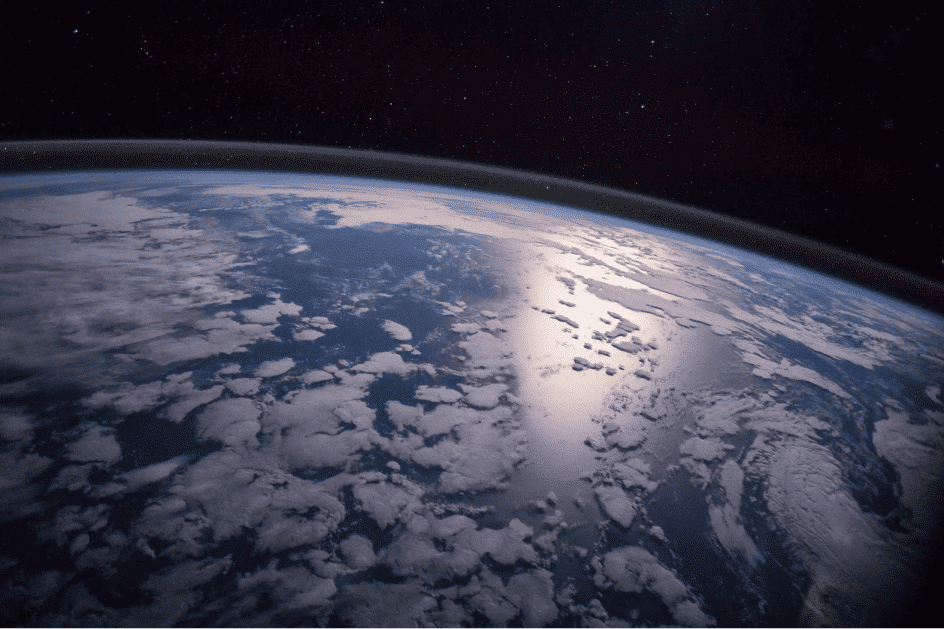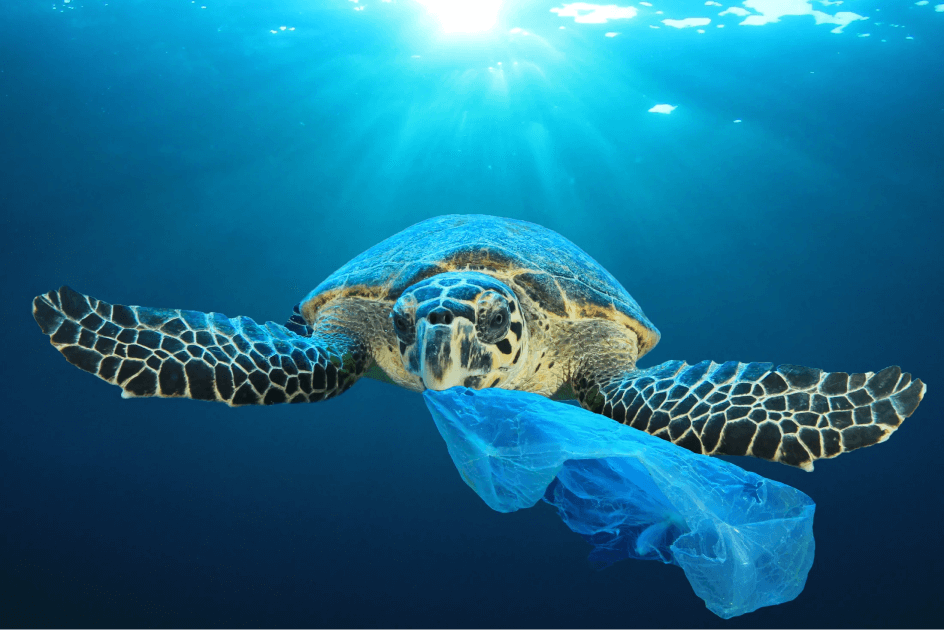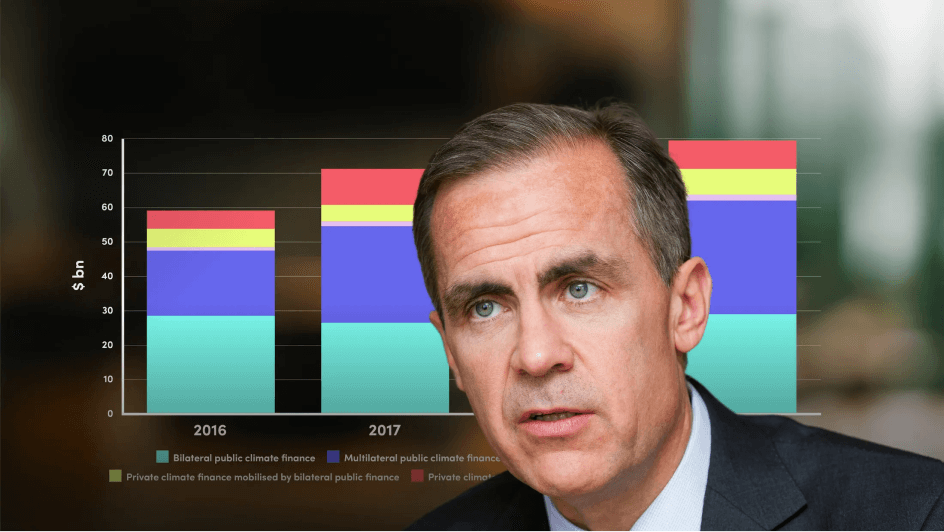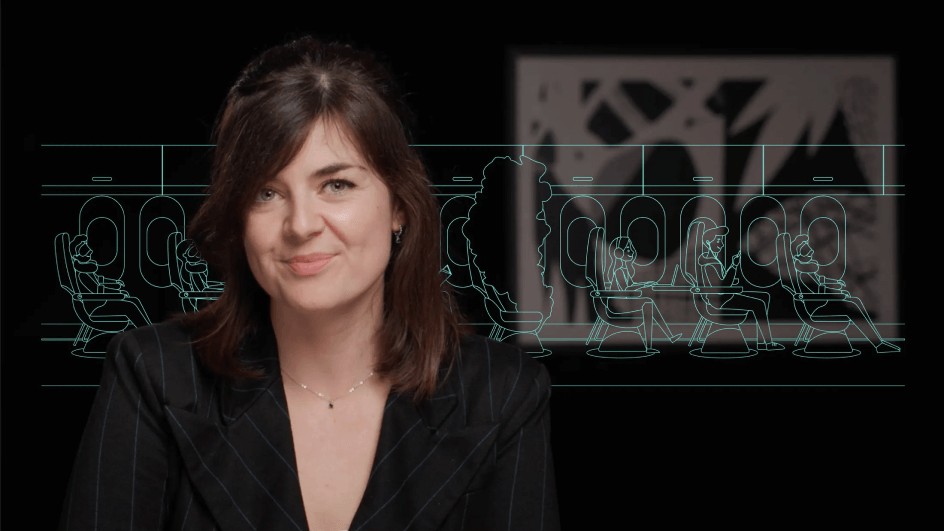
Cradle-to-Cradle
Cradle-to-cradle is a design philosophy and framework that promotes the development of products and systems that are regenerative, circular, and sustainable, meaning that once they reach the end of their life cycle, they can be recycled into new products, resulting in no waste at the traditional end point of their life. Cradle-to-cradle principles include designing for disassembly and recycling, using non-toxic and renewable materials, using green energy sources, and considering the social and environmental impacts of production and consumption processes. By mimicking the closed-loop cycles of nature, cradle-to-cradle aims to eliminate waste, reduce our use of resources, and create positive economic, ecological, and social value.




















